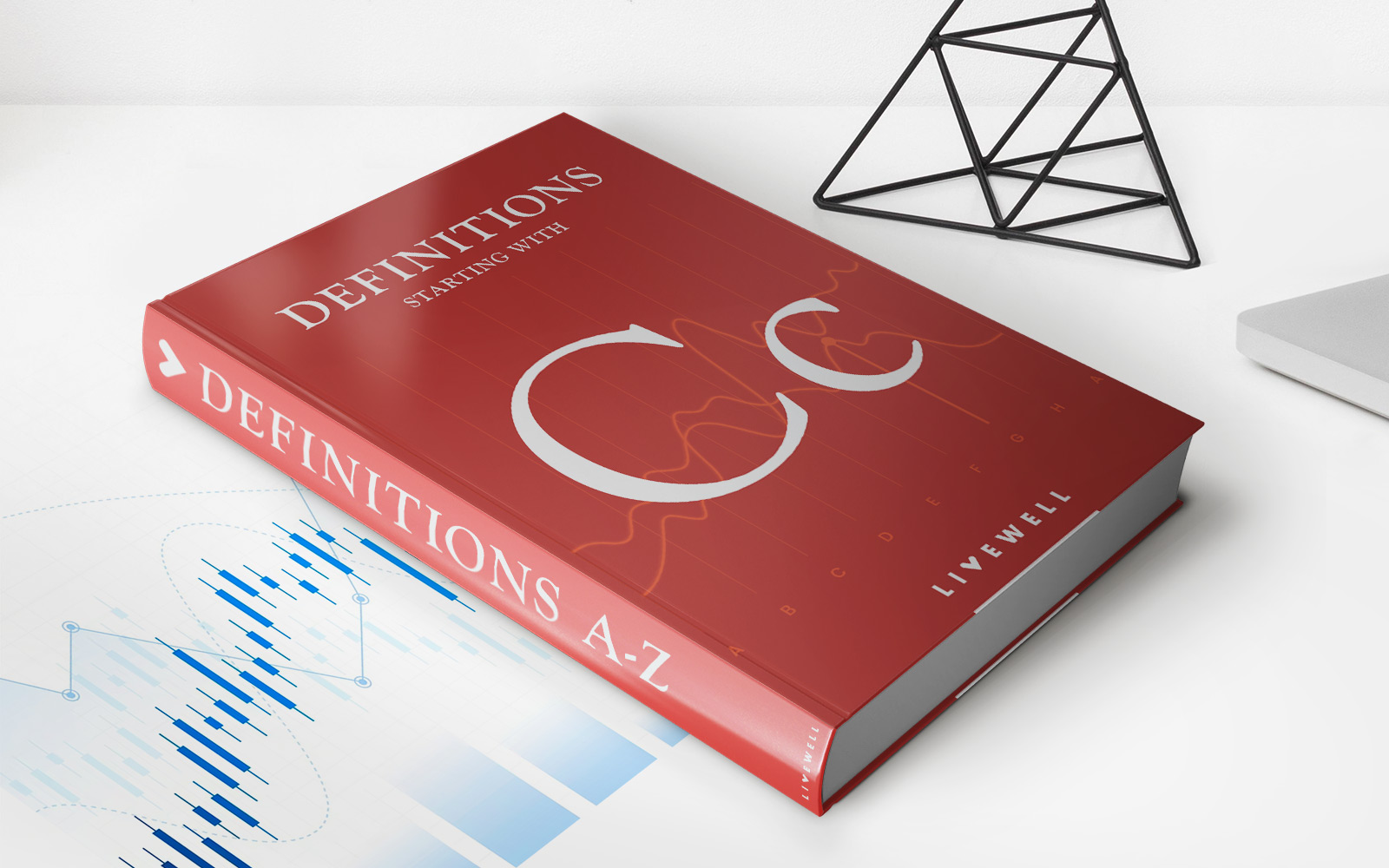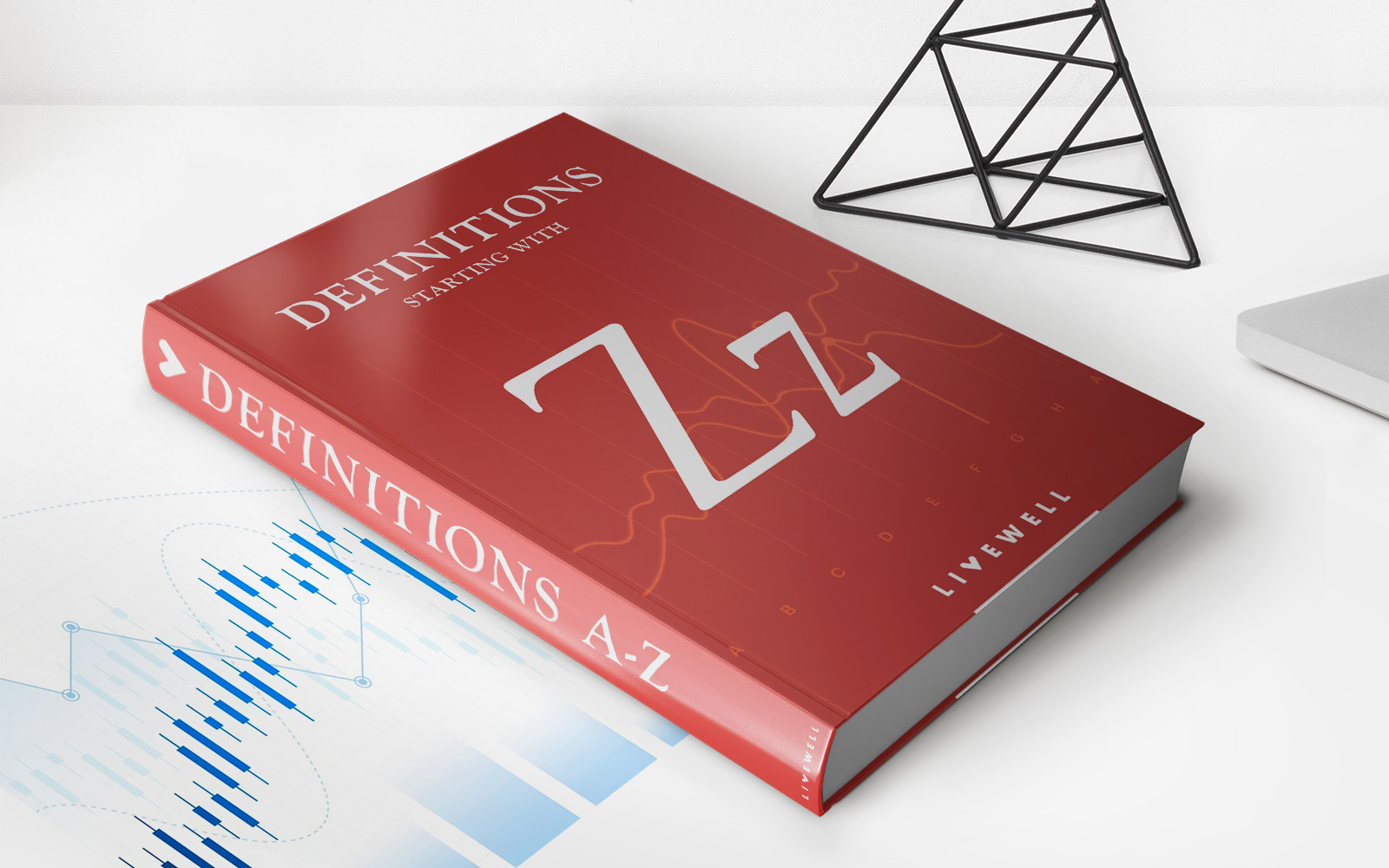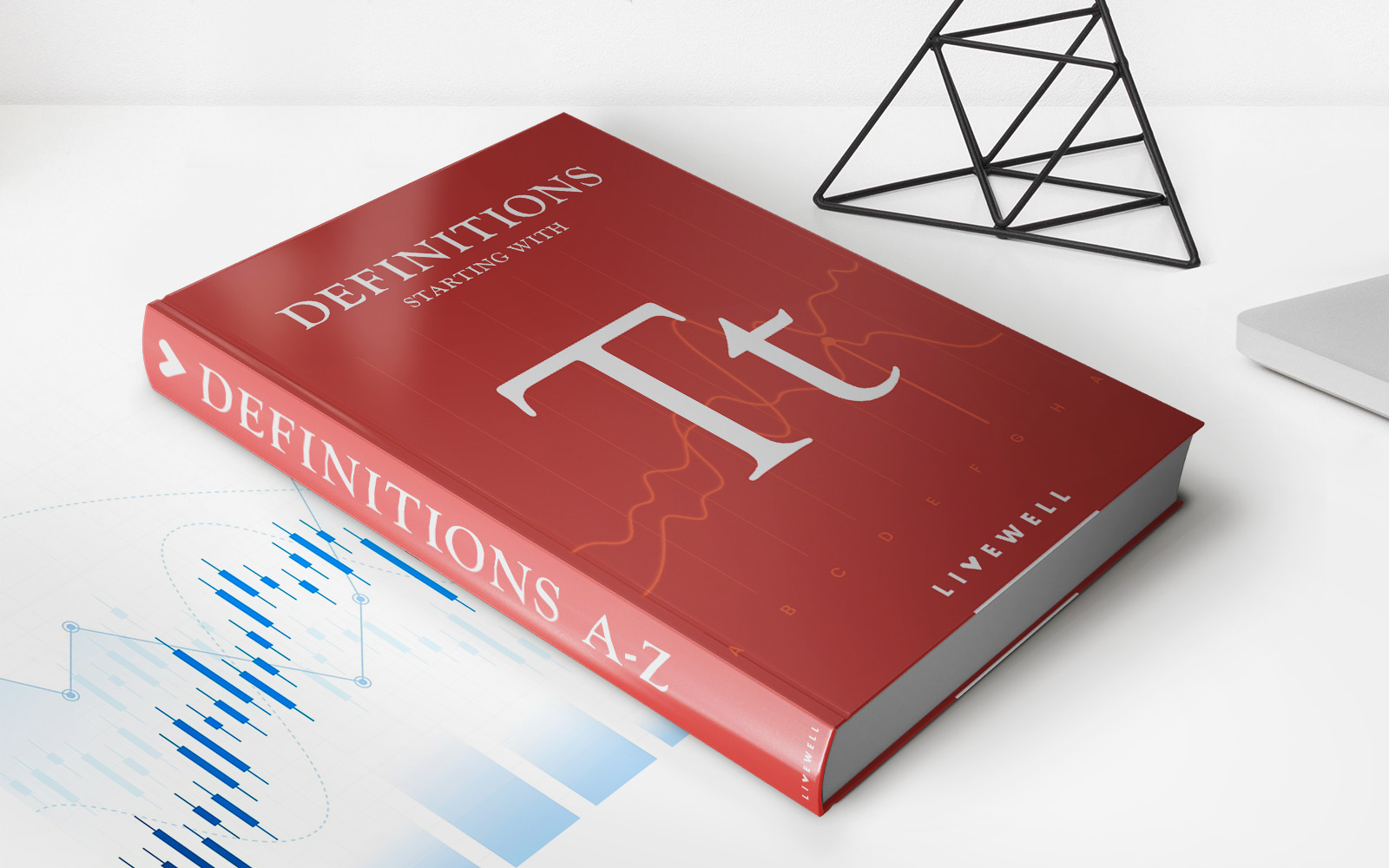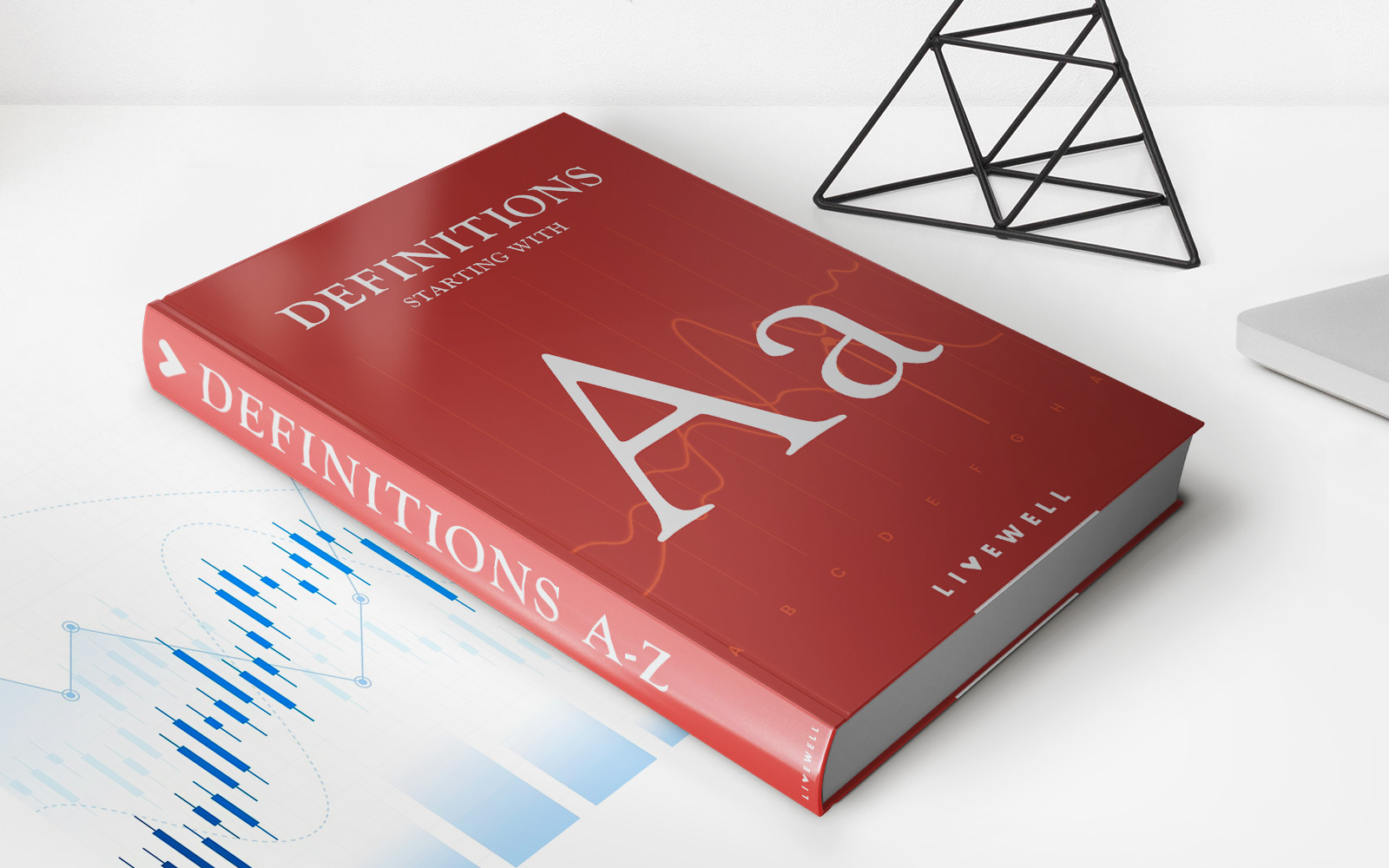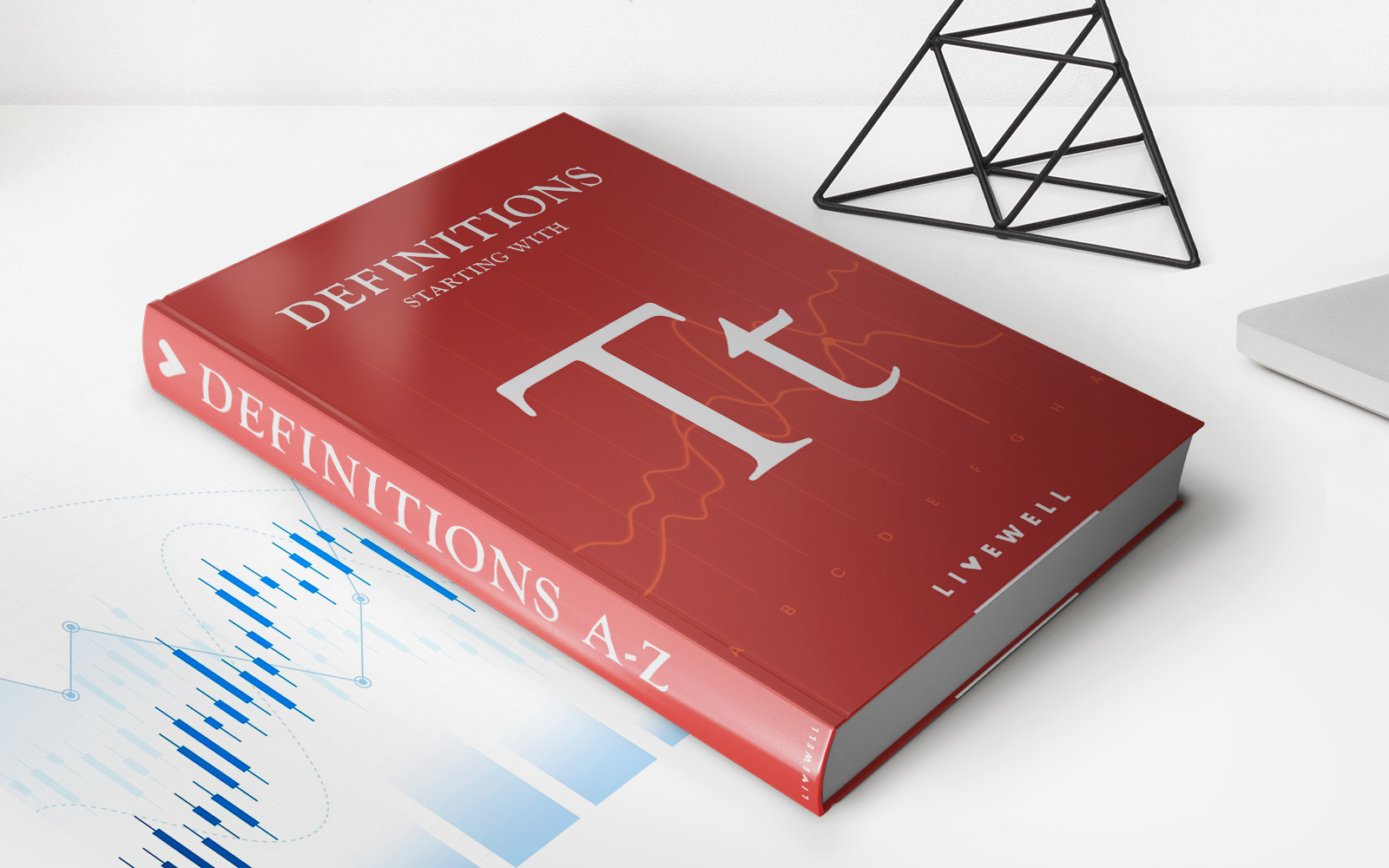Home>Finance>Quiet Title Action: Definition, How It Works, Uses, And Cost
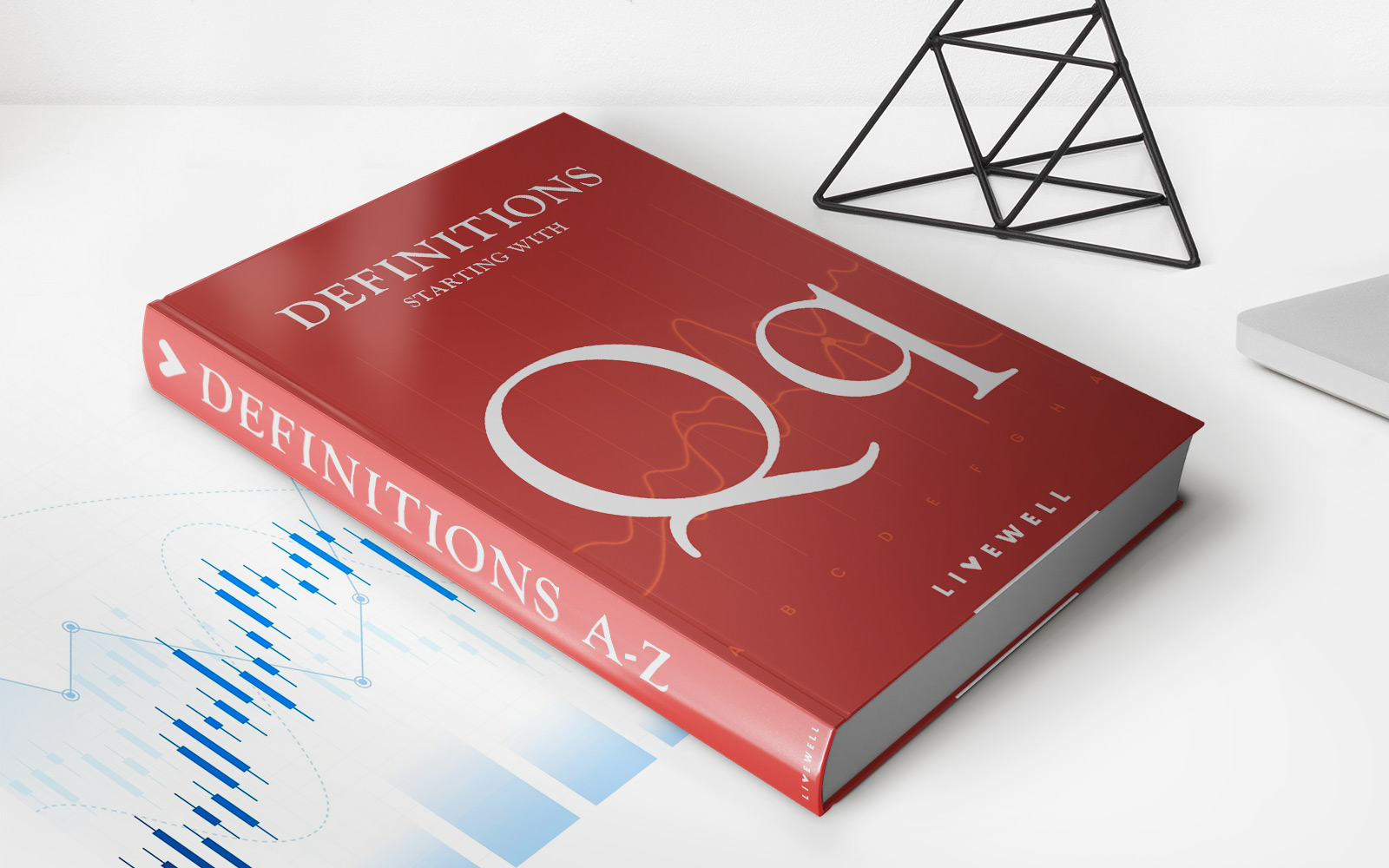

Finance
Quiet Title Action: Definition, How It Works, Uses, And Cost
Published: January 15, 2024
Learn about quiet title action in finance: its definition, how it works, common uses, and associated costs. Gain insights into this legal process to resolve property title disputes.
(Many of the links in this article redirect to a specific reviewed product. Your purchase of these products through affiliate links helps to generate commission for LiveWell, at no extra cost. Learn more)
Quiet Title Action: Definition, How It Works, Uses, and Cost
Welcome to our Finance category, where we provide expert insights on various subjects related to personal and business finance. Today, we will be exploring the topic of quiet title action, a legal process that can help resolve property disputes and establish clear ownership rights. If you’re wondering what quiet title action is, how it works, its uses, and the potential cost involved, you’ve come to the right place. Let’s dive in!
Key Takeaways:
- Quiet title action is a legal proceeding filed to “quiet” or resolve any disputes or conflicting claims over property ownership.
- This process involves proving one’s superior title to the property and seeks a court judgment that extinguishes all other claims or interests.
What is Quiet Title Action?
Quiet title action, also known as a lawsuit to remove cloud on title, is a legal process used to clear any uncertainties or disputes surrounding the ownership of a property. It is typically initiated by a property owner or someone with an interest in the property who wants to establish clear and marketable title.
Property disputes may arise due to various reasons, such as conflicting claims, ambiguous or incomplete records, fraudulent transfers, or unknown heirs. Quiet title action is designed to resolve these disputes by bringing all interested parties before a court and seeking a judgment that confirms the rightful owner and removes any clouds on the title.
How Does Quiet Title Action Work?
Quiet title action typically involves the following steps:
- Filing the Complaint: The party seeking to resolve the property dispute files a lawsuit, commonly known as a complaint, with the appropriate court.
- Notification of Other Parties: Once the complaint is filed, the court will issue a summons to all parties known or likely to have an interest in the property. This ensures that everyone involved is given the opportunity to present their claims or defend their interests.
- Evidence and Document Exchange: During the litigation process, each party involved gathers and exchanges evidence, documents, and other pertinent information to support their claim or defense.
- Court Hearing and Judgment: A court hearing is scheduled where all parties present their arguments and evidence. Based on the presented evidence, the court will make a final judgment that determines the rightful owner and eradicates any conflicting claims on the property.
- Recording the Judgment: Once the judgment is issued by the court, it is essential to record it with the relevant governmental authority responsible for maintaining property records. This creates a clear and marketable title for the property.
Uses of Quiet Title Action:
Quiet title action can be utilized in various scenarios, including:
- To resolve disputes arising from unclear property ownership or title defects.
- To remove unresolved liens, encumbrances, or judgments that could hinder property transfers.
- To establish ownership rights when there is a cloud on the title due to fraudulent transfers, unknown heirs, or missing documentation.
- To bring legal certainty and peace of mind to property owners or buyers.
Cost of Quiet Title Action:
The cost of pursuing a quiet title action can vary depending on several factors, such as the complexity of the case, the involvement of multiple interested parties, the need for expert witnesses or appraisals, and attorney fees. While it is challenging to provide an exact cost estimate, it is recommended to consult with a qualified real estate attorney who can evaluate your specific situation and provide a more accurate assessment of the potential costs involved.
In conclusion, quiet title action is a legal process that helps resolve property ownership disputes and establish clear title. By initiating a lawsuit to remove any clouds on the title, property owners can ensure their rights are protected, and marketability of the property is maintained. If you find yourself in a situation where there is uncertainty surrounding property ownership, consult with a real estate attorney well-versed in quiet title actions to navigate the process effectively.
